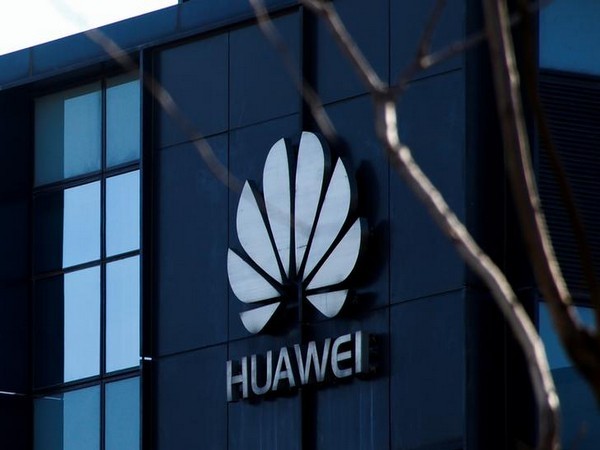5G future without Huawei: How would it impact the industry?
5G promises to offer larger bandwidth, lower latency, and much higher speeds compared to existing 4G networks.

- Country:
- China
The idea of a 5G future without Huawei has been around for quite some time now, particularly after the United States government adding the telecom giant to a temporary trade blacklist in May last year, which was followed by restrictions by many other governments around the world.
But with Huawei being one of the major telecom infrastructure providers, is it really viable to do so?
Ericsson, Samsung, Huawei, and Nokia are the leading telecom infrastructure providers and it could be costly for countries if they block any one of them, thus decreasing competition in the industry and possibly increasing capital costs.
Telecom industry organization GSMA has already voiced concerns about the consequences of a full ban on Huawei, which is a key supporter of the lobby group. The group represents the interests of 750 mobile operators.
The problem
5G promises to offer larger bandwidth, lower latency, and much higher speeds compared to existing 4G networks and would also pave the way for emerging technologies like IoT, Artificial Intelligence and Augmented Reality. The next-generation cellular technology would also be key to ensure better access to education, personalized health care, connected emergency services and more.
But this means that telecom infrastructure equipment providers might also get access to a large set of data.
The United States has said that Huawei’s equipment can be used by China for spying purposes and alleges that it is already happening in parts of China.
The allegations, if true, could mean serious security concerns for countries, especially when it comes to 5G which would be critical for a lot of sectors in the coming future.
Citing the same reason, Australia, the US, New Zealand, Japan, and Taiwan have decided to ban and phase out the company’s products within their mobile networks. The United Kingdom, meanwhile, has only allowed Huawei to contribute to non-core parts of 5G technology and restricted it from dealing in core parts of 5G in the country.
Canada is yet to make a decision on Huawei and is the last member of the so-called Five Eyes network of English-speaking nations that share intelligence that hasn’t yet taken a decision on the future of Huawei in the country.
Impact of banning Huawei
The telecom infrastructure equipment industry is a consolidated industry and only a few big names dominate the market. Taking one player out of the equation would further increase market concentration and thus increase capital costs. Analysts say that the price increases would also lead to a delay in the 5G rollout.
Carriers are still in very initial stages of preparations for the arrival of 5G technology and the future is only taking shape.
A report by Oxford Economics says that a 5G future with restricted competition in the network equipment market could cause a loss of up to USD 63 billion in the GDP of the top eight technology markets by 2035.
The report studied eight leading markets: Australia, Canada, France, Germany, India, Japan, the UK, and the US, and was controversially commissioned by Huawei. The Chinese telecom giant has also recently offered to pay the London School of Economics to study the company’s “leadership” in 5G development.
A different but preliminary industry analysis by telecom lobby group GSMA, that was seen by Reuters in July last year, said that a complete ban Chinese equipment could cost the European telecom industry USD 62 billion and delay the technology by 18 months. The analysis, however, also included ZTE which is also a Chinese company but is not particularly under the radar.
These numbers, however, should be taken with a pinch of salt as working out the economic impact of shunning Huawei while 5G is only in initial stages is not an easy task to do. But one thing is for sure, 5G isn’t getting any cheaper by shunning Huawei and even lawmakers who oppose the Chinese company couldn’t deny that.
The argument by lawmakers is that the competition between countries should not be about rapid deployment of 5G technology but about safely deploying the system to ensure that critical underlying technologies which will be connected with 5G are secure. And considering that the new technology will be the backbone of the future with smart cities, their concern is justified.
(Disclaimer: The opinions expressed are the personal views of the author. The facts and opinions appearing in the article do not reflect the views of Devdiscourse and Devdiscourse does not claim any responsibility for the same.)
- FIRST PUBLISHED IN:
- Devdiscourse










